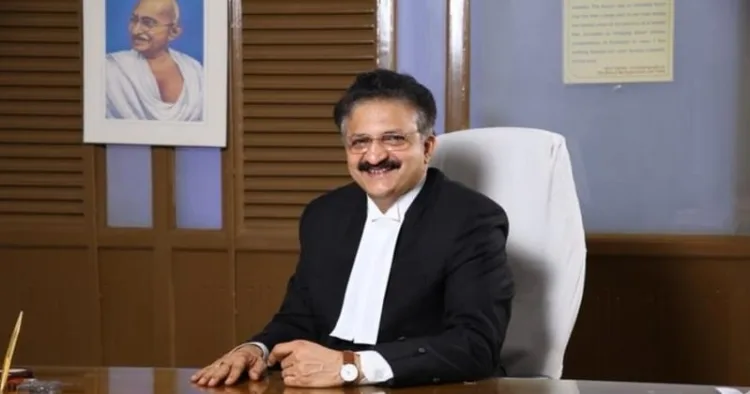High Court affirms Child Marriage Prohibition Act’s supremacy over personal laws. Justice P V Kunjikrishnan stated that the Act applies to all Bharatiya citizens both within and without the country, cutting across caste and creed lines. Judge asserted that “Citizenship comes first; religion is behind it”.
The ruling is part of the dismissal of a plea of five individuals. They are from Puthukkod. They were seeking to cancel the trial proceedings initiated by the Vadakkancherry Police at the Alathoor Magistrate’s Court over a child marriage in 2012. The accused is the girl’s father, bridegroom, Mahal officials, and witness. The petitioners, including the father of the minor girl, argued that being a Muslim, she enjoys the religious right to marry after attaining puberty, that is, at the age of 15.
The case is in connection with a complaint, dated December 30, 2012, filed before the Child Development Officer, alleging that the girl was underage at the time of her marriage.
The Government and the amicus curiae argued that the Child Marriage Prohibition Act prevails and supersedes religious personal laws. The High Court upheld this argument, citing Supreme Court judgments in the past. The Court insisted that the Kerala Prohibition of Child Marriage Act permits anyone to file a complaint against child marriage. The court underlined its firm stand against child marriage in bold letters.
Justice Kunjikrishnan called on the media and voluntary organisations to work together to make efforts to prevent and eliminate child marriage. He persuaded the courts to take up such cases proactively if complaints were righteous.
The judge expressed his concern regarding the existence of child marriage in Kerala despite being a 100 per cent literate state. The judge came down heavily on the defendants of that obsolete practice for defending their actions with Mohammedan law. He pointed out the numerous adverse effects of child marriage. They are violations of children’s rights to education and health, exploitation, health and psychological issues. Child marriage can lead to emotional and psychological trauma, including depression and anxiety in the children. Child marriage can lead to social isolation and disconnection from the family and community. Child marriage is a violation of international human rights law and conventions.
The Court advocated for permitting the girls to pursue higher education and enjoy their youthful days. He also supported their marriage, with the blessing of their parents, when they turned adults.
The judgment is a watershed incident, as the entire country is in the midst of debates on a Uniform Civil Code. Observers believe that the Kerala High Court’s judgment is a great leap forward towards the materialisation of social justice for all, a dream come true.



















Comments